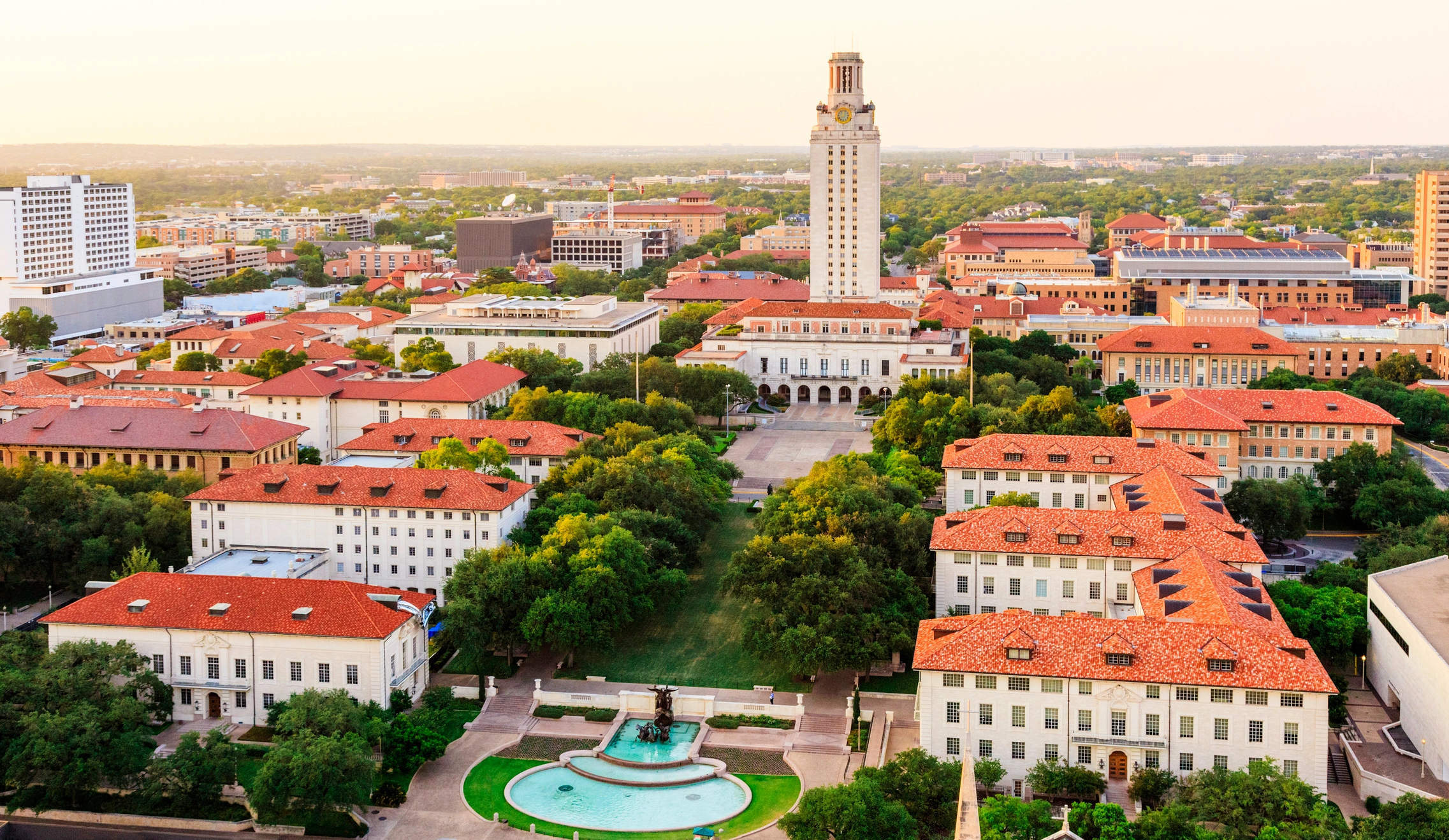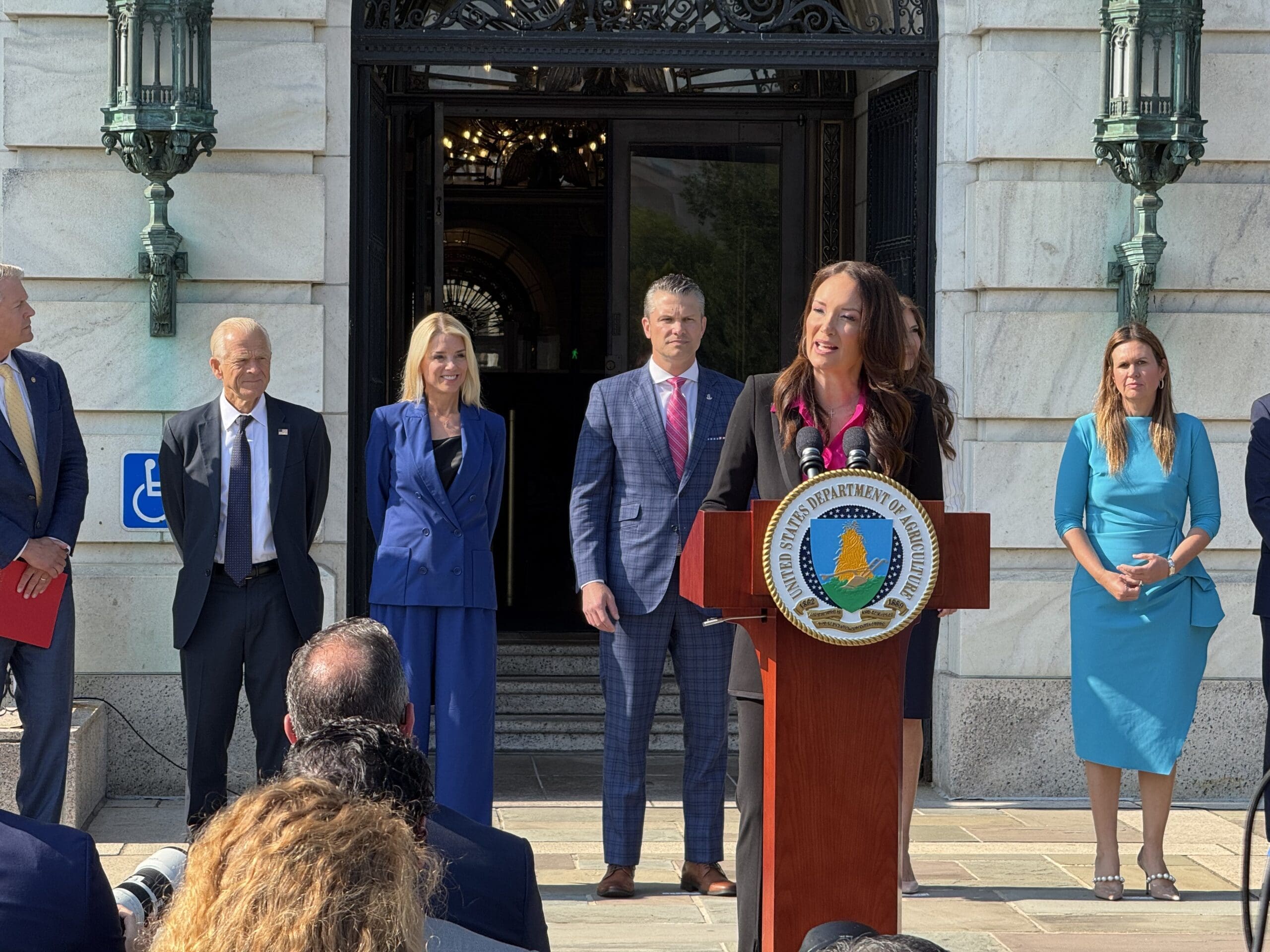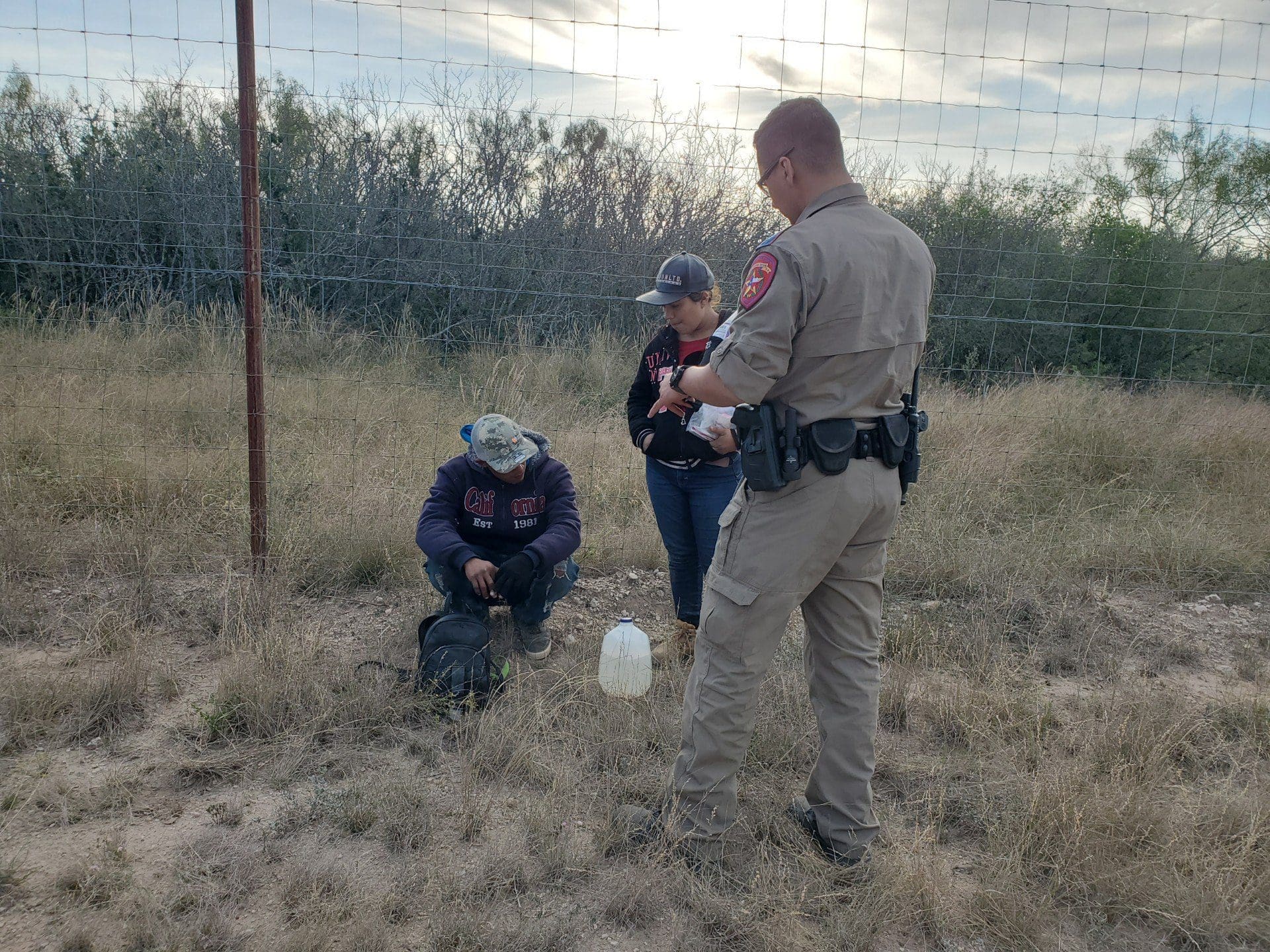When we talk to groups about the solutions to the problem of illegal immigration in Texas (and more broadly, the United States), we often point to so-called “magnets,” or advantages and incentives that attract would-be illegal entrants and visa overstays into our country even at the risk of personal harm during their journey or deportation to their countries of origin.
Simply put, as long as there are enough incentives to reside in the United States illegally, there will be people who will do so—in significant numbers—no matter how well you secure the border.
One such incentive for family units and unaccompanied minors is the prospect of receiving taxpayer-subsidized in-state tuition at Texas public colleges and universities.
In 2001 then-Governor Rick Perry signed into law HB 1403, which changed the residency requirement in the Texas Education Code for in-state tuition to include illegal aliens who graduate from a Texas high school, reside in the state for at least three years, and sign an affidavit stating they will file an application to become permanent residents at their earliest opportunity. This made Texas the first state in the U.S. to offer in-state tuition benefits to illegal aliens.
In addition, in 2005 SB 1528 created the Texas Application for State Financial Aid (TAFSA) for the express purpose of making state financial aid available to illegal aliens in the form of the Texas Public Educational Grant (TPEG) program and the Toward EXcellence, Access, and Success (TEXAS) program.
In April 2022, a U.S. District Judge ruled that HB 1403 violates the Illegal Immigration Reform and Immigrant Responsibility Act of 1996 (IIRIRA), which states that an individual “who does not legally reside in the United States should not be eligible for a postsecondary education benefit granted on the basis of where someone lives unless United States citizens qualify for the same benefit.”
And so, the University of North Texas will not be able to charge a higher out-of-state tuition rate pending an appeal to the Fifth Circuit, which denied a request by UNT to stay the ruling of the lower court.
The purpose of Texas public colleges and universities is to educate the workforce of the future and equip Texans with the abilities they need to provide for themselves and their families. Awarding taxpayer-subsidized in-state tuition to those who have no legal right to reside and work in the United States before, during, or after enrollment not only fails to fulfill this mission, but it actively undermines it by taking away educational opportunities from students who are legal residents.
According to the Higher Ed Immigration Portal (a pro-illegal immigrant advocacy group), there are more than 58,000 illegal aliens currently in attendance at Texas public colleges and universities. For scale, that is roughly the undergraduate enrollment at Texas A&M University, the largest public college in the state.
In addition to being unfair to Texas residents, in-state tuition for illegal aliens is unpopular. According to a poll by Defend Texas Liberty PAC, 75 percent of Texas Republican primary voters are in favor of repealing HB 1403.
Texans for Strong Borders urges legislators to change the residency requirement for in-state tuition so that only U.S. citizens are eligible for this benefit. HB 859 (Slaton) and HB 1117 (Leo-Wilson) have been filed to this end.
A U.S. citizenship requirement should be added to any financial aid program administered by the state of Texas. The current crisis at our southern border highlights the failure of the federal and state governments to put U.S. citizens and their interests first.
By correcting a 20-year-old problem in the 88th Session, the Texas Legislature can demonstrate a good faith effort to blunt the effects of our border crisis on their children’s future educational opportunities.
This is a commentary published with the author’s permission. If you wish to submit a commentary to Texas Scorecard, please submit to submission@texasscorecard.com.





